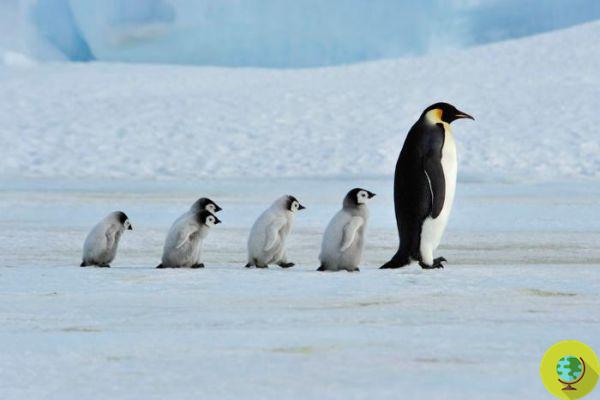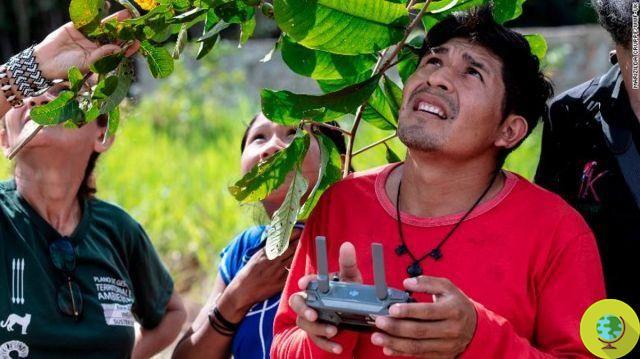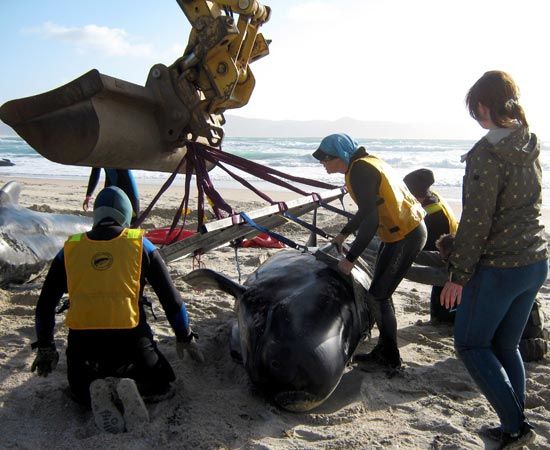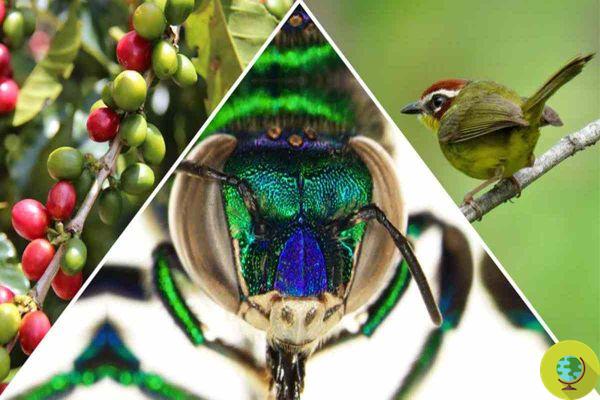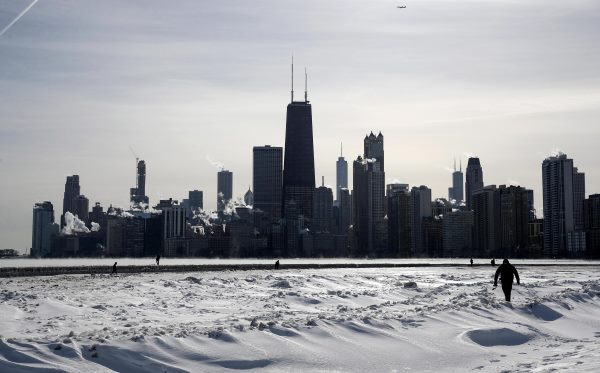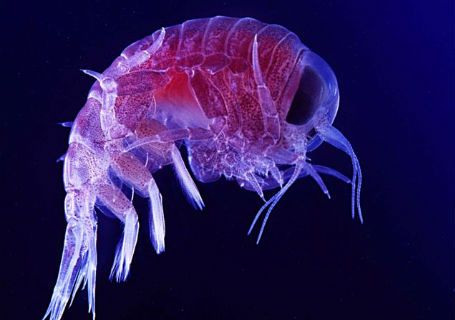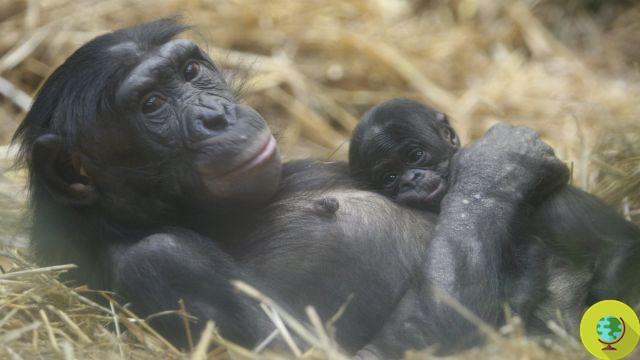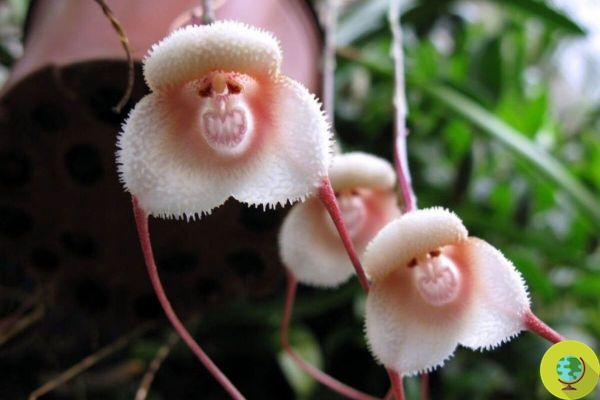Two new studies, based on the number of insects impacting car windshields, have seen a steep decline in recent decades
He is about to end up run over, his mother saves him- insects around the world are disappearing at breakneck speed. This is confirmed by two new studies that have had as their object of research the number of those who end up against the windshields of cars every day.
A somewhat odd, but significant sample. The two researches seem to arrive at the same conclusion: insects are experiencing a real one apocalypse. In the last two decades in particular their number has drastically dropped by up to 80% and this can seriously endanger the balance of the world's ecosystems and our very life on Earth.
Fewer bugs on car windshields: two studies
The first was conducted by Anders Pape Møller about the insects that hit the windshields of cars in rural areas of Denmark, using data collected every summer from 1997 to 2017. Published in the journal Ecology and Evolution, the research used data from an average of 65 car journeys per year on the same stretch of road and at the same speed between 1997 and 2017 Møller took into account the time of day, temperature, wind speed and date of travel. One was encountered 80% decrease in their presence on windshields in 21 years. The number of swallows and birds that feed on these small creatures is also decreasing.

©Kent Wildlife Trust
The second was played by the Kent Wildlife Trust in Kent County, UK in 2019 using a standardized sampling grid called a 'splatometer'. Participants were asked to record the number of crushed insects on their car license plates. The research considered both older and newer cars to account for a possible link between aerodynamics and affected insects. Almost 700 trips reported by volunteers were analyzed from June to August 2019 and the number of insect impacts per kilometer was calculated.
It was found that their presence was 50% less than in a survey carried out in 2004 using the same methodology, yet the conformation of more modern cars would be more likely to be affected by insects.
“The difference we found is of paramount importance, because it mirrors patterns of decline that have been widely reported elsewhere, and insects are absolutely critical to food webs and the existence of life on Earth. "It's pretty awful," said Paul Tinsley-Marshall of the Kent Wildlife Trust.
The causes of the decline
Unfortunately there are many, from the destruction of their natural habitat to the use of pesticides. The impact of the climate changes that are altering ecosystems around the world. Finally, light pollution is making its own negative contribution.
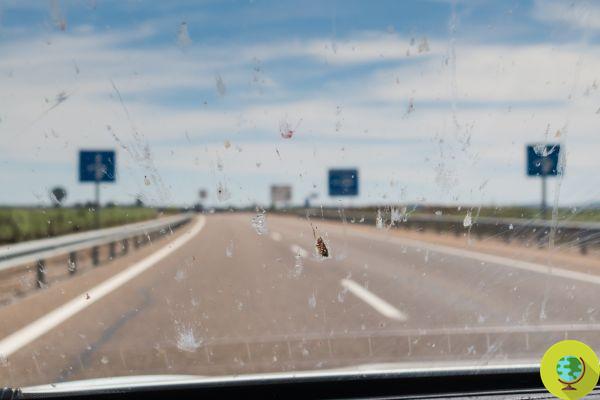
©Shutterstock/ Christine Bird
According to Møller the causes could be many but the significant changes due to global warming are in the lead:
“In my 50s, the temperature in April, May and June increased by an average of 1,5 ° C in my study area. The amount of rain increased by 50%. We are talking about dramatic differences. "
For the authors of the English research, insects are facing a 'mass extinction. They are responsible for pollinating three-quarters of our food crops, as well as being the main food source for many birds, small mammals and fish.
Without them, life on Earth would be seriously jeopardized.
Sources of reference: Kent Wildlife Trust, Ecology and Evolution, The Guardian
READ also:
Humanity must save the insects to save itself
Insects are disappearing: species reduced by a third in 10 years. The situation is more serious than expected
Insects risk extinction by the end of the century due to pesticides







